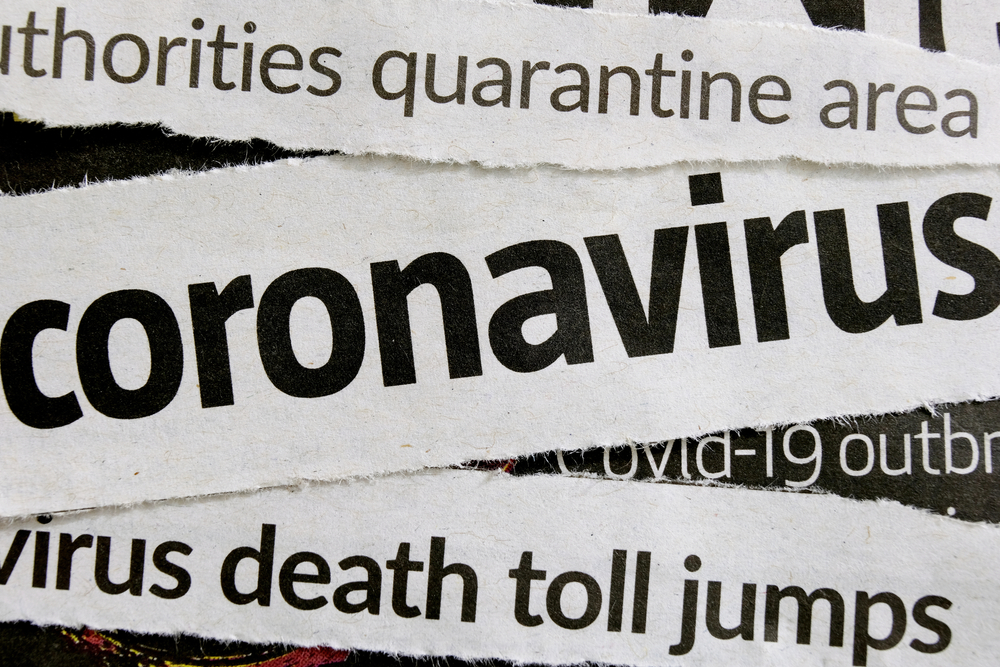Amid fears that blanket keyword blocking relating to COVID-19 is demonitising valuable content and impacting publisher revenues, verification companies DoubleVerify and Integral Ad Science have moved to clarify their stances.
In a blog post published Tuesday (March 18), DoubleVerify COO Matt McLaughlin said that the company felt "compelled to speak out" about this issue, to ensure advertisers continue to support trusted news.
"Historically, DV has served as a neutral partner, providing technology and data to help brands and agencies determine content and context suitability for their needs," McLaughlin wrote.
"However, for all of us, the coronavirus challenge is a unique news incident. It will not simply “go away.” Instead, it will continue to be a key focus for trusted news publishers as they do the critically important work of keeping the public informed with reliable, accurate information. Support of trusted news at the time of a global health pandemic is something we want all brands to strongly consider."
He went on to issue guidance to the company's advertising partners on ways they can support trusted news, which include exempting trusted news publishers from the company's “Natural Disaster” content classification category; exempting trusted news providers from coronavirus-related keyword blocklists; and adding trusted news site homepages and section pages (National, Health, etc.) to their DV page exception lists.
"In general, we encourage all brands to advertise across trusted news sites as broadly as possible, unless there is a direct connection between a news incident and their brand. At the end of the day, if a brand is advertising on the nightly news during the coronavirus crisis, or the front page of a major newspaper, then The New York Times homepage is no different and should be supported," McLaughlin surmised.
DoubleVerify's blog came in response to news of increasing measures preventing advertisers from appearing next to content related to the outbreak. While social networks Facebook, Google and Twitter have said they are trying to block opportunistic ads from their platforms, YouTube said last month it would demonetise videos that mention coronavirus.
DV cited a report in The New York Times, which said that Integral Ad Science blocked the “coronavirus” keyword 38.4 million times in February, making it the second most blocked term behind “Trump.”
Campaign Asia-Pacific reached out to IAS for a response. An IAS spokesperson said that while many of its clients have added keywords to block content around the coronavirus, "we are not advising advertisers to consider all content on the virus unsafe, as there is high-quality non-negative journalism on premium sites that could be safe and suitable for brands".
"Our approach has been to provide our clients with the tools to enable them to make a decision about what is suitable for each of their campaigns," the spokesperson added.
IAS will shortly be releasing research it has conducted on consumers and how they’re perceiving content adjacencies related to the pandemic, noting that in the current environment, "both marketers and publishers are seeking guidance on how to appropriately navigate this unprecedented situation".
The verification company also acknowledged that news publishers may be negatively impacted by "overzealous keyword blocking strategies" that can reduce impression volumes. It guided publishers to use explore new monetisation methods such as third-party contextual solutions. Conveniently, IAS has just launched a tool in this vein.







